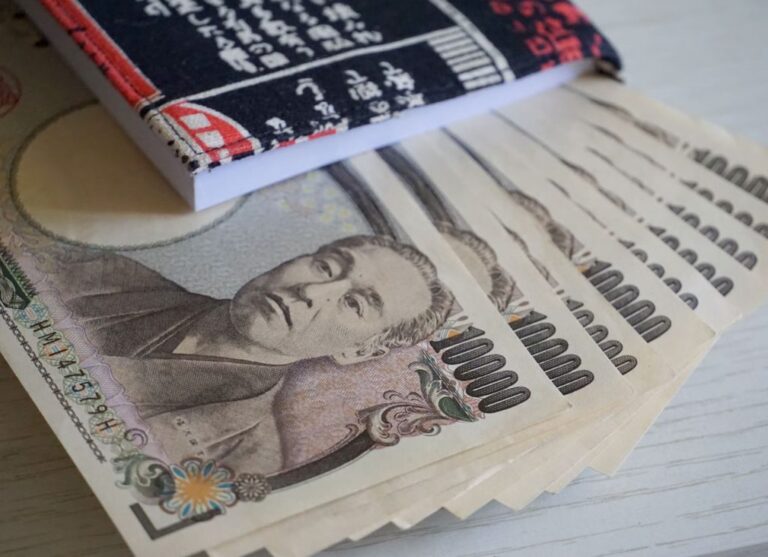
Morning Brief – Intervention in the air
Intervention in the air
Over the past 24 hours there has been a lot of talk of intervention and currency management within the market. Besides the Yen whose yield curve control debate has been dominating headlines for some time now, Argentina and Russia are in focus for the potential to take an active management role in their currencies. These currencies may not be the most heavily traded in the market by any means, however, their valuations will still have an impact on the wider FX space. Most notably, the Ruble’s value will continue to create spillovers into the rest of the market given that RUB daily traded volumes remain significant.
Starting with Russia then. Russia’s central bank called an extraordinary general meeting to discuss its currency scheduled for today. The Ruble has been declining to reach lows not seen versus the US Dollar since shortly after Russia began its invasion into Ukraine. With the Ruble having stabilised quickly last year following the flash crash in the immediate aftermath of the invasion, the Ruble shows little sign or normalising itself this time around. The US Dollar-Ruble exchange rate has traded in excess of 100 in the past few sessions reflecting a 50% decline in the value of the Ruble in a little over a year. Should the central bank choose to intervene the adjustment could change flows in neighbouring and exposed openly traded currencies and also change the composition of international reserves within Russia. That would imply supply and demand imbalances across markets outside of the Ruble alone.
In Argentina, the Peso has been allowed to devalue to a new level versus the Dollar. Allowing the official pegged exchange rate to rise to 350 from a traded level of 287 only last week will take pressure off the currency pair. With the primary election having taken place this weekend, the move that will be expected to bring considerable pain to consumers and businesses could change the composition of domestic politics significantly. Interest rates in Argentina were raised to help stabilise the new peg to a modest 118%.
Discussion and Analysis by Charles Porter

Related Insights

Morning Brief – Japanese Yen
Japanese Yen With JPY at a new 34 year low versus EUR, the market is set for an ambush by the Bank of Japan if it acts today at the end of their Policy Meeting to support the Yen. The reason that the market is susceptible is because it has convinced itself that the BoJ […]

Morning Brief – Coalition
Coalition This briefing is about South Africa and the Rand, which frequently proves to be one of the more divisive subjects within our roster of currencies. In particular, with the election looming, this will be about South African governance. Not from a political or human perspective about what may be the best long term outcome […]

Morning Brief – US Tariffs on Chinese Imports
US Tariffs on Chinese Imports Recently we wrote about how Mexico has become the Number One trade partner for the USA. It now transpires that Mexico may have had what is known as a little assist with their numbers: the statistics for the number of 20 foot shipping containers for the first three Quarters of […]



 Humphrey Percy
Humphrey Percy